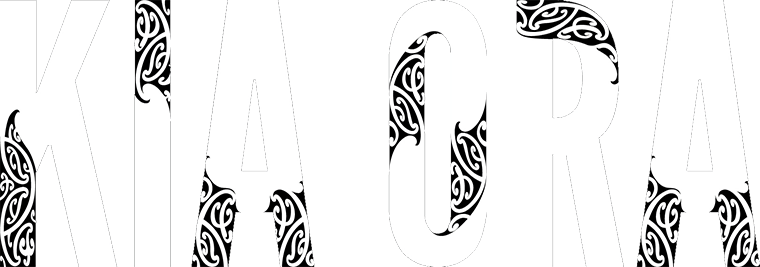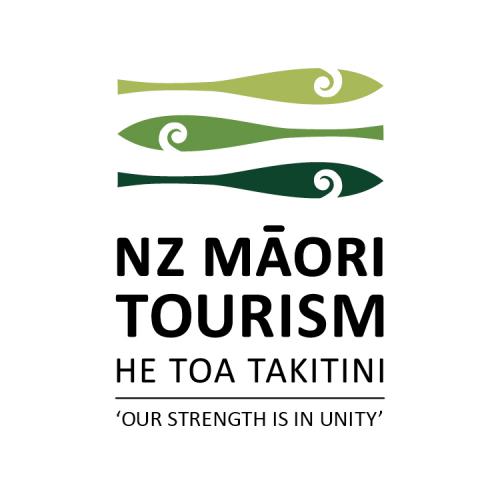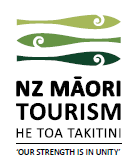Tēnā tātou katoa,
Aotearoa New Zealand has moved to the Orange Traffic Light setting, as at 11:59pm yesterday, Wednesday 13 April. Meanwhile, the border opened to vaccinated Australian tourists, also yesterday.
In this pānui:
- What the Orange Traffic Light setting means
- COVID-19 Support Payment - applications close 5th May
- Small Business Cashflow Scheme
- Inland Revenue Webinars about upcoming changes
- Income Tax Assessment
- STAPP - Auditor-General's inquiry
The Orange Traffic Light setting means:
- There are no indoor or outdoor capacity limits, but there’s extra guidance on holding safe events. Those organising larger events of 500+ people are encouraged to take extra precautions.
- Face masks are still required for many indoor settings.
- If you, or someone you know, gets COVID – you are still required to self-isolate for 7-days.
- Bars and restaurants are no longer required to enforce seated and separated rules, although they can choose to keep them.
- People must wear a face mask in many indoor settings, such as on public transport, in retail premises and public facilities (excluding swimming pools) – just like in Red.
There is still Omicron in the community, and the threat of new variants arriving here is still a risk.
Please continue to be cautious and think about the health of others, especially those who are immunocompromised or at a higher risk of long-term health impacts from COVID-19.
Life at Orange | Unite Against COVID-19 (covid19.govt.nz)
Wear a face mask | Unite against COVID-19 (covid19.govt.nz)
Call Healthline if you have symptoms 0800 358 5453
Need to talk? For mental health help, call or text 1737
COVID-19 Support Payment
Three fortnightly COVID-19 Support Payments are available. Applications close on Thursday 5 May 2022.
The periods covered by these payments are:
- First CSP – 16 February 2022 to 4 April 2022
- Second CSP – 7 March 2022 to 4 April 2022
- Third CSP – 21 March 2022 to 4 April 2022
The COVID-19 Support Payment was designed to support businesses impacted by the COVID-19 Protection Framework (Red) and the widespread presence of the COVID-19 Omicron in the community.
Example: providing support with disruptions caused during the Omicron outbreak such as supply chain disruptions and staff shortages due to isolation requirements.
The revenue drop for the CSP is set at 40%. Applicants must measure 7 days of ‘typical revenue’ during either:
- 5 January – 15 February 2022,
- 5 January – 15 February 2021, or
- In the case of highly seasonal businesses, select an alternative 7-day period that reflects ‘typical revenue.’
Applicants then compare this revenue with their ‘affected’ revenue (revenue impacted by Red or rising COVID-19 case numbers – see first three key dates above) to demonstrate the required revenue decline.
The threshold has been set higher than previous support to target those most affected by the Omicron outbreak, rather than the extended impact of COVID-19 more generally.
The periods selected also aim to compare the typical revenue under current COVID-19 settings (in 2022 and 2021) with revenue impacted by the latest omicron outbreak.
Small Business Cashflow Scheme
The Small Business Cashflow (Loan) Scheme (SBCS) is also available. The SBCS was introduced in 2020, to support small to medium businesses and organisations struggling with a 30% loss of revenue due to COVID-19.
In February 2022, the Government announced that the base amount would increase from $10,000 to $20,000 (providing a $10,000 top up for existing borrowers) and the loan would be interest free for the first two years, provided the loan is not in default. Applications will remain open for the scheme until 31 December 2023.
Inland Revenue may also be able to provide further help where businesses are struggling to pay their tax. For more information on COVID-19 support administered by Inland Revenue, please see: https://www.ird.govt.nz/covid-19.
Inland Revenue (IR) webinars
IR is hosting a series of webinars about changes coming up in 2022 which include:
- Changes for tax intermediaries
- Changes for businesses and employers (including GST changes)
- Changes for Māori customers (including property tax and trusts plus more)
- Changes for community groups
Income Tax Assessment
A reminder from IR: You will receive income tax assessment in June, so hold tight. There’s nothing you need to do right now as they gather information. Click here to see their latest video.
STAPP
If you haven’t had a chance to read the Auditor-General’s inquiry into the Inquiry into the Strategic Tourism Assets Protection Programme, click here to read.
Ngā manaakitanga,
NZ Māori Tourism



